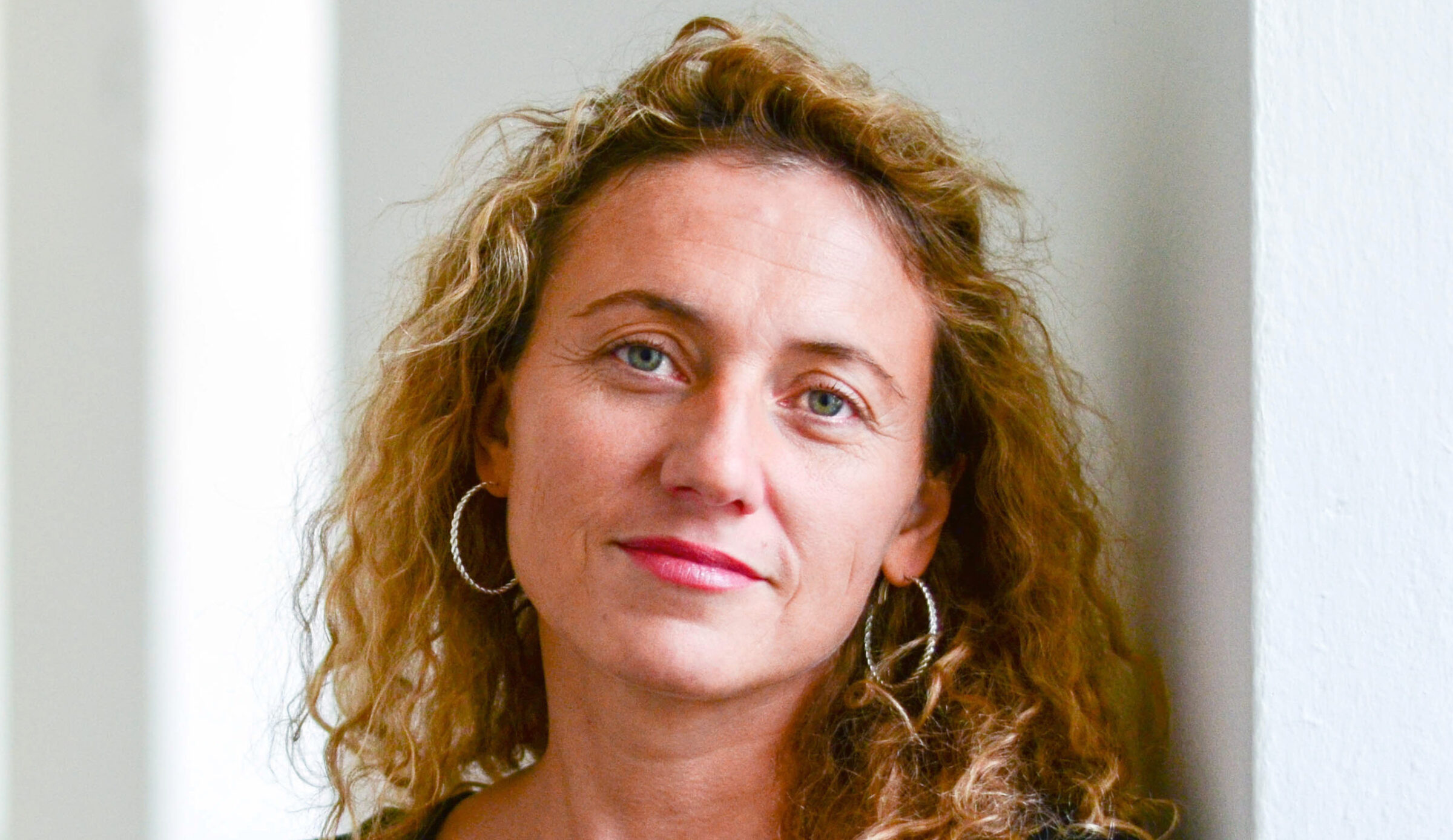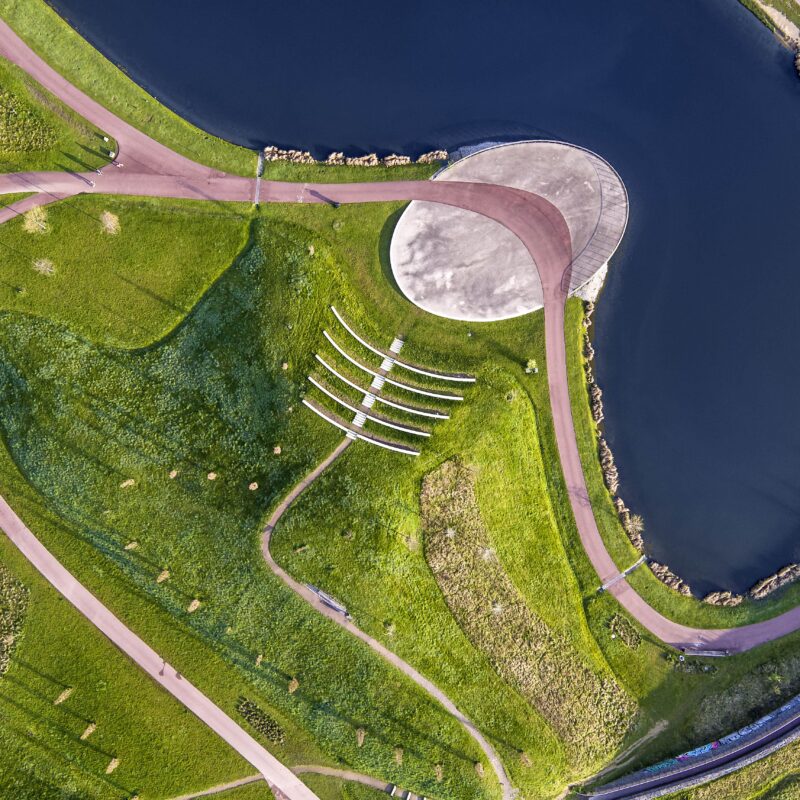
Networking for Greater Sustainability
An encounter with strategy consultan Evelyn Oberleiter
Networking and sustainability – admittedly, both terms have become buzzwords. But that doesn’t make them any less relevant. Banks play a key role. An encounter with Evelyn Oberleiter, co-founder and CEO of the Terra Institute strategy consulting company.
The Terra Institute, founded by Evelyn Oberleiter and Günther Reifer in 2009, takes its name from the Latin word for earth or land. From the very start, the co-founders saw themselves as committed promoters of sustainability. But for many, sustainability was still terra incognita – uncharted territory and unexplored knowledge.
Urgent issues are still being swept under the rug.
Partners In Dialogue
To be sure, the Club of Rome’s 1972 “Limits to Growth” report had sounded the alarm on the importance of sustainability in the face of climate change and resource scarcity. But far too little action was taken. To create greater sustainability, the Terra Institute offers consulting on responsible corporate transformation, sustainable growth and development models, and climate strategies, as well as seminars and communications to increase awareness of global change. Some concrete examples include sustainable tourism, corporate mobility management, and sustainable financing. The Terra Institute sees itself as an interlocutor in these areas. As Evelyn Oberleiter says, “We have to talk to each other. That’s the only way to learn about the subject and personally identify with it.”
People are starting to pay more attention, though often grudgingly. Natural disasters like this year’s floods in Germany opened people’s eyes, as have the new environment, social and governance criteria. After decades of widespread ignorance, ESG criteria have suddenly taken center stage. In EU countries at least, neither financiers nor borrowers can avoid the new investment criteria anymore. “The trend’s driving everyone,” says Evelyn Oberleiter. “But it’s more than just meeting requirements. When an issue becomes personally meaningful, that’s also decisive.”
For some, the new criteria are a tough challenge. But not for Evelyn Oberleiter, who saw environmental, social and governance criteria as a single issue before anyone even knew what ESG meant. Evelyn Oberleiter describes the reason for this as “vital” and adds: “Our focus is not the industry, but rather the issue.” In that vein, she reminds us of the importance of Nature: “Nature can do without us humans. But people and the economy can’t do without Nature.”
Loans Based on Sustainability
In the spring of 2021, the Terra Institute began to produce white papers. The first of these was appropriately directed to the financial sector, for which ESG criteria are most meaningful. It’s entitled “Sustainable Banking – From Greenwashing to Game-Changer”. It takes stock of the situation and recommends actions. “Banks have to learn to evaluate loans based on sustainability,” says Evelyn Oberleiter, giving one example of the many aspects of green finance reform.
Interest is increasing. “Banks are now making a lot of inquiries,” the consultant says. And she sees this leading to further interest, because “the money economy is one of the drivers of other economic sectors.” She asserts that the economy will have “greater future potential if it continues to tackle these issues.” For the moment, though, she still sees a “collective cognitive dissonance.” Because despite lip service and a few marketing activities, “urgent issues are still being swept under the rug.”
From South Tyrol Around the World
The Terra Institute takes “Limits to Growth” to heart. “Our credo was never that we wanted to grow,” recalls Evelyn Oberleiter, “but rather that we wanted to get things done.” But that belief itself naturally resulted in growth. The Terra Institute now has four branches in London, Munich, Vienna and Rovereto, with a team of more than 20 people, plus a Terra Consulting Community of also external partners. The head office is still in Bressanone in Alto Adige.
The Terra Institute and LAND are working on a joint project to develop a landscape strategy for the entire Italian province of Alto Adige. Evelyn Oberleiter and Terra Institute teams assist the project on the macro-social level. Just as all parties involved become stakeholders for purposes of Alto Adige landscape strategies, broadening the spectrum could also be helpful for sustainable financing. When Evelyn Oberleiter says that “we have to get rid of the paradigm of dominance,” that goes for banks too. And this can make financing sustainable. Ultimately, such a paradigm shift should be worthwhile not only for Nature and the climate, but also for banks and the economy itself.
Text: Andreas Schiller
Read other Articles from this Edition






